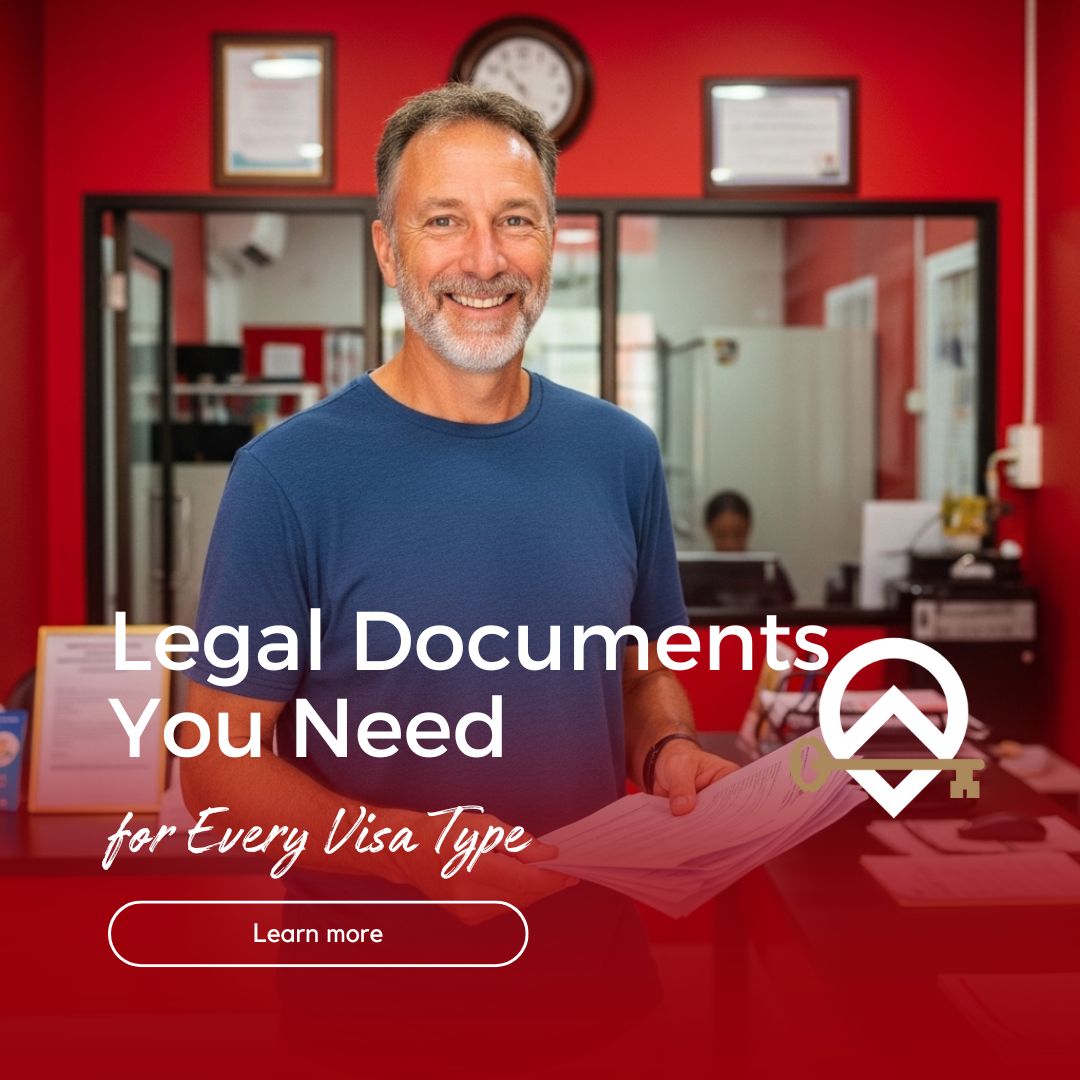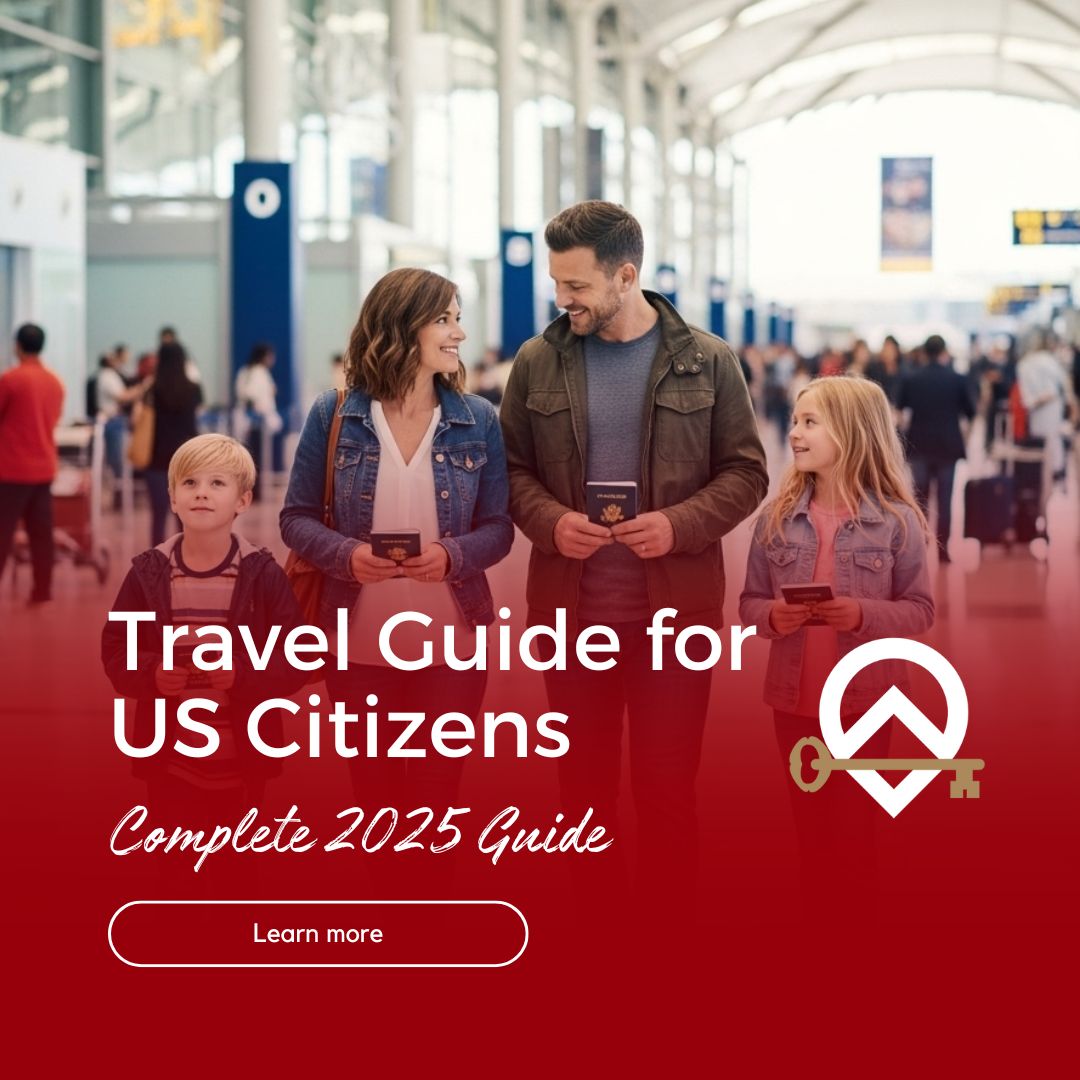When to Get a Thailand Visa: A Practical Guide for Every Traveler
Planning a trip to Thailand? Whether you're heading there for a beach holiday, a business meeting, or a long-term stay, one of the first questions you'll face is: "Do I need a visa, and if so, when should I apply?" The answer depends on your nationality, the purpose of your visit, and how long you plan to stay. In this guide, we’ll break down the different scenarios and help you figure out the best time to apply for a Thai visa.
Table of Contents
- Who Needs a Visa to Enter Thailand?
- Visa-Free Entry: When You Don’t Need to Apply
- When to Apply for a Thai Visa
- Types of Thai Visas and Their Timing
- What If You’re Traveling Last Minute?
- Tips for a Smooth Visa Application Process
Who Needs a Visa to Enter Thailand?
Thailand has agreements with many countries that allow short-term visa-free entry. However, if you're not from one of those countries or if you plan to stay longer than the allowed period, you’ll need a visa.
Generally, you’ll need a visa if:
- Your nationality is not on Thailand’s visa-exempt list
- You plan to stay longer than 30 days (or 45 days during special extensions)
- You’re visiting for purposes other than tourism (e.g., work, study, retirement)
Visa-Free Entry: When You Don’t Need to Apply
Citizens of over 60 countries can enter Thailand without a visa for short stays. This is ideal for tourists planning a quick getaway.
Examples of visa-free countries (as of 2025):
- USA, UK, Canada, Australia, most EU countries – up to 30 days
- Japan, South Korea, Singapore – up to 30 days
- Russia, Brazil, Peru – up to 30 days under bilateral agreements
If you're eligible for visa-free entry, you don’t need to apply in advance. Just make sure your passport is valid for at least 6 months and that you have proof of onward travel.
When to Apply for a Thai Visa
If you do need a visa, timing is everything. Apply too early, and your visa might expire before your trip. Apply too late, and you risk delays or denied boarding.
Here’s a general timeline to follow:
- Tourist Visa: Apply 15–30 days before your trip
- Non-Immigrant Visa (e.g., business, education): Apply 30–60 days in advance
- Retirement Visa: Apply 1–2 months before your planned move
Most Thai embassies and consulates process visas within 5–10 business days, but delays can happen during peak travel seasons or holidays.
Types of Thai Visas and Their Timing
Thailand offers several visa types, each with its own application window and requirements. Here’s a quick breakdown:
- Tourist Visa (TR): Valid for 60 days, extendable once for 30 more days. Apply 2–4 weeks before travel.
- Visa on Arrival: For eligible nationalities, valid for 15 days. No advance application needed, but expect queues.
- eVisa: Available for select countries. Apply online at least 7 days before departure.
- Non-Immigrant Visa (B, ED, O): For business, education, or family visits. Apply 1–2 months in advance.
- Retirement Visa (O-A or O-X): For those aged 50+. Requires financial proof and health insurance. Apply 1–2 months ahead.
What If You’re Traveling Last Minute?
If you’re planning a spontaneous trip, don’t panic. You may still have options:
- Check visa-free eligibility: You might not need a visa at all.
- Use Visa on Arrival: Available at major Thai airports for certain nationalities.
- Apply for an eVisa: Some applications are processed in as little as 3 business days.
- Contact a Thai embassy: Some offer expedited processing for urgent cases.
Just be sure to have all your documents ready — including proof of accommodation, return ticket, and sufficient funds.
Tips for a Smooth Visa Application Process
To avoid delays or rejections, follow these best practices:
- Check the latest requirements: Visa rules can change, so always consult the official Thai embassy website.
- Prepare documents early: Passport, photos, financial proof, and travel itinerary are usually required.
- Apply through official channels: Use the Thai eVisa portal or authorized agents only.
- Double-check your visa validity: Some visas are valid from the date of issue, not the date of entry.
- Keep copies: Always carry printed and digital copies of your visa and supporting documents.
With a little planning and the right timing, getting a Thai visa can be a smooth and stress-free process — leaving you more time to focus on the fun part: exploring Thailand!




